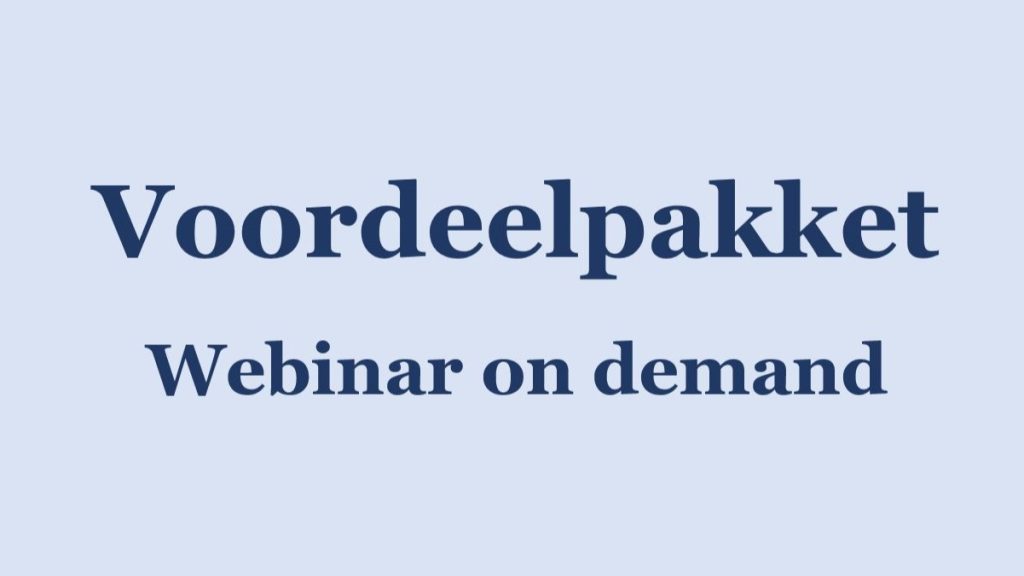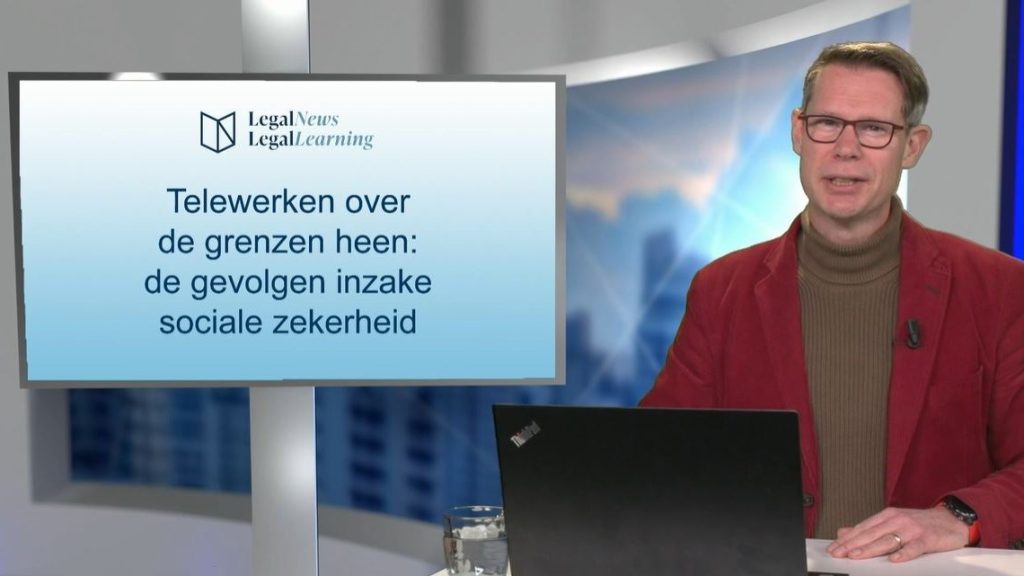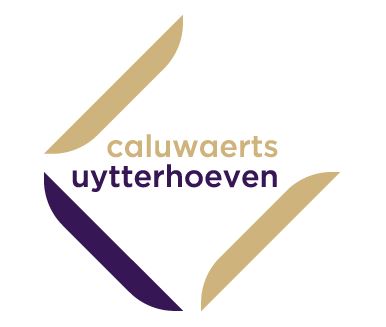Het nieuwe Boek 6:
de impact op de werkvloer
Mr. Chris Persyn (Cautius)
Webinar op donderdag 4 juli 2024
HR-aspecten bij M&A transacties
Mr. Nele Van Kerrebroeck (Linklaters)
Webinar op donderdag 16 mei 2024
Tewerkstelling van buitenlandse werknemers:
nakende ingrijpende wijzigingen
Mr. Sophie Maes en mr. Simon Albers (Claeys & Engels)
Webinar op donderdag 25 april 2024
Vakantiedagen en het arbeidsrecht
Mr. Kato Aerts en mr. Sarah Witvrouw (Lydian)
Webinar op dinsdag 11 juni 2024
European Court of Justice decides fraudsters can no longer hide behind A1 certificates (Claeys & Engels)
Authors: Sophie Maes and Simon Albers (Claeys & Engels)
Date of publication: 08/02/2018
The European Court of Justice has ruled that host Member States are not bound to respect fraudulently obtained A1 certificates exempting their holders from the host state’s social security system.
On 6 February, the European Court of Justice issued its ruling in the Altun case (C-359/16) relating to fraudulent E101 certificates (documents stating which national social security legislation applies to the holder, now known as A1 certificates). The ECJ held that the courts of a host Member State are not bound by an E101 certificate when it is established that the certificate was fraudulently obtained and the sending state failed to carry out a review of the certificate’s validity within a reasonable period of time.
Background
In this case, several Bulgarian companies posted employees to Belgium. The Bulgarian companies in question had hardly any activities in Bulgaria; meaning one of the conditions for E101 certificates to be validly granted was not fulfilled. Despite this, their employees were subject to Bulgarian social security and were in possession of E101 certificates.
A request addressed to the Bulgarian authorities to cancel the E101 certificates was not adequately dealt with. As a result, the Belgian authorities took legal action to make the employees subject to Belgian social security. As part of this process, a preliminary question was put to the European Court of Justice concerning the binding power of a fraudulently obtained E101 certificate.
The Court’s findings
The Court of Justice recognised that ‘fraud corrupts all’ (i.e. fraud invalidates all aspects of a decision) is a fundamental principle of EU law. According to the Court, a finding of fraud requires both an objective and a subjective element:
- the posting conditions are not in fact fulfilled, and;
- the failure to meet these conditions is deliberately hidden by the people concerned (e.g. by misrepresenting the situation or by withholding relevant information).
If the sending state fails to address a request to reconsider the E101 certificate adequately, a judge in the host state establishing fraud can disregard the certificate. However, the Court underlined that when establishing fraud, the judge must safeguard the rights of defence of the parties concerned.
From now on…
Following this ruling, courts in the host Member State will be entitled to hold that workers posted from other Member States are subject to the host’s social security regime if they establish fraud and the sending state has failed to reconsider the A1 certificates.
» Bekijk alle artikels: Arbeid & Sociale zekerheid

















